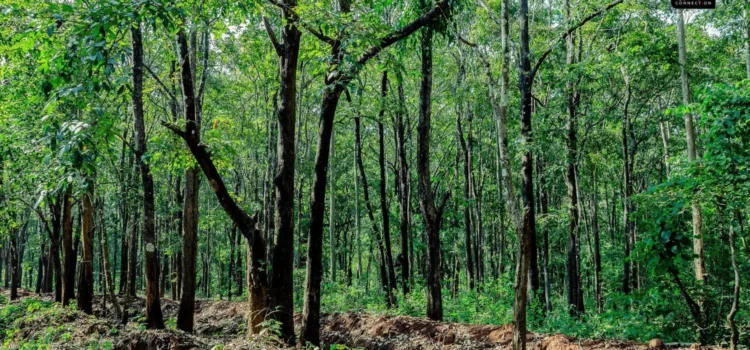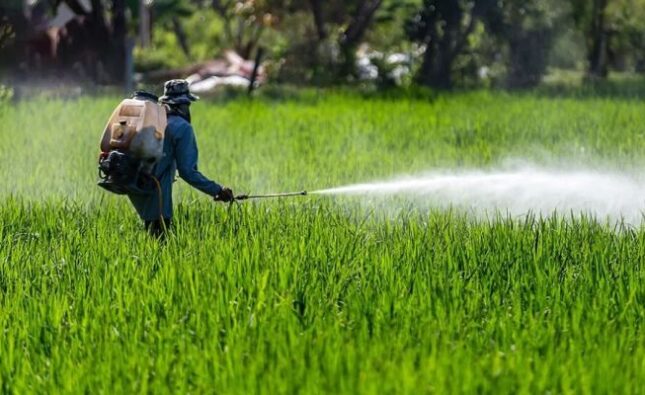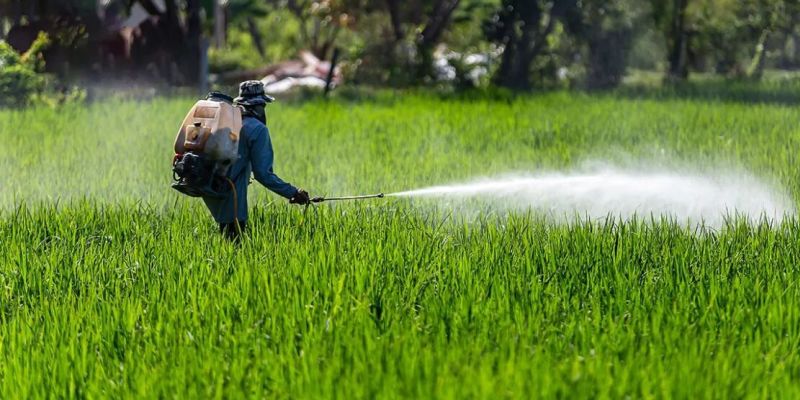Celebrating World Nature Conservation Day 2023
Date: July 28, 2023
Every year on July 28th, people around the world observe World Nature Conservation Day to raise awareness about the importance of preserving and protecting the natural environment. This significant day serves as a reminder of the urgent need to safeguard our planet’s biodiversity and ecosystems for the well-being of current and future generations.
History:
The origin of World Nature Conservation Day can be traced back to the late 19th and early 20th centuries when various environmental movements began to emerge globally. People began to recognize the detrimental impacts of human activities on the environment, leading to the depletion of natural resources, loss of biodiversity, and pollution of air, water, and soil.
The first Earth Summit, also known as the United Nations Conference on Environment and Development (UNCED), held in Rio de Janeiro, Brazil, in 1992, played a crucial role in raising international awareness about environmental issues. It was during this summit that the importance of sustainable development and environmental conservation was emphasized on a global scale.
In 1972, the United Nations declared June 5th as World Environment Day, aiming to encourage worldwide awareness and action for the protection of the environment. Building upon this momentum, World Nature Conservation Day was established as another occasion to focus specifically on the conservation of nature and its resources.
Significance:
World Nature Conservation Day serves as an opportunity to highlight the vital role of nature in sustaining life on Earth. It reminds us of the intrinsic connection between human well-being and the health of the natural environment. Here are some key aspects of the day’s significance:
1. Biodiversity Preservation:
Nature conservation is essential to safeguard the rich biodiversity of our planet, including plants, animals, and microorganisms. Biodiversity not only ensures the balance of ecosystems but also provides valuable resources for medicine, agriculture, and various industries.
2. Climate Change Mitigation:
Conserving forests, wetlands, and other natural habitats plays a crucial role in mitigating the impacts of climate change. These ecosystems act as carbon sinks, absorbing greenhouse gases and helping to regulate the Earth’s climate.
3. Ecosystem Services:
Nature provides a range of ecosystem services, such as clean air, water purification, pollination, and soil fertility. Preserving natural areas ensures the continuity of these services, which are vital for human survival.
4. Sustainable Development:
Emphasizing nature conservation is a key component of achieving sustainable development. Balancing economic growth with environmental protection is essential for ensuring a prosperous future without compromising the needs of future generations.
Celebration:
World Nature Conservation Day is observed with various activities and initiatives aimed at promoting environmental awareness and action. Governments, non-governmental organizations, educational institutions, and communities organize events, workshops, seminars, and tree-planting drives to educate people about the importance of conservation.
Individuals are encouraged to take personal actions, such as reducing their carbon footprint, recycling, supporting sustainable practices, and advocating for environmental protection. Social media campaigns and public awareness drives further amplify the message, reaching a wider audience and fostering a sense of responsibility towards nature.
On this World Nature Conservation Day, let us all come together to reaffirm our commitment to protecting the environment, preserving biodiversity, and working towards a sustainable future for the planet and all its inhabitants. Remember, every small step counts in making a significant impact in the conservation of nature.






